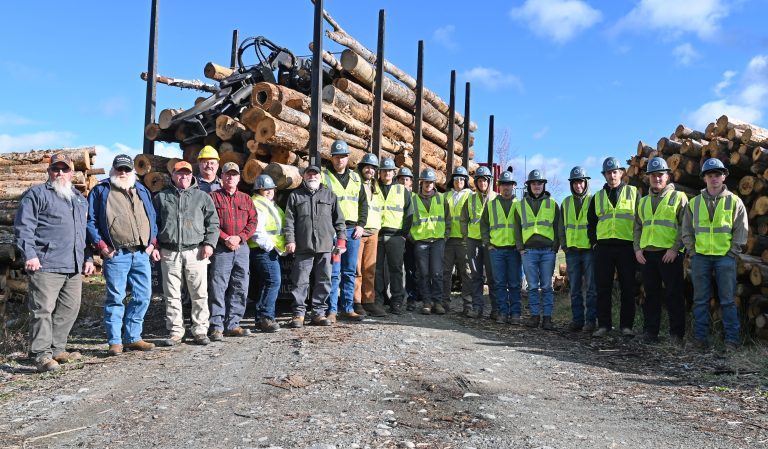Maine Shouldn’t Forget About Heating With Wood
AUGUSTA – On October 16, the Governor’s Energy Office (GEO) announced release of an updated winter heating guide intended to help Maine people save money and keep warm this winter. While the guide prominently features heat pumps, even dedicating an entire paragraph to them and an accompanying graphic, wood heat barely receives a mention. This omission is particularly concerning, as wood heat remains a critical and cost-effective heating option for Mainers, yet it was largely overlooked in the announcement.
This seems to be a trend. In the last six months, we counted 15 press releases from the Governor’s office, GEO, and the Efficiency Maine Trust mentioning heat pumps more than 120 times. None of those releases promoted wood heat.
While we have nothing against heat pumps as an alternative to fossil fuel heating (despite the often-overlooked fact that much of the electricity they run on is generated by fossil fuel), it would be nice to see Maine’s home-grown heating fuels, wood and wood pellets, get equal promotion.
During her two terms, Maine Governor Janet Mills has signed a number of initiatives into law benefiting wood heat, and that is a good thing for Mainers and the state’s forest economy. We commend her for that, but it would be beneficial for both Maine’s economy and our citizens’ pocketbooks if state government took a more proactive role in publicizing the initiatives that the Governor has supported and promoting the benefits of wood heating.
Wood, unlike fossil fuel, is not carcinogenic, and is a renewable, carbon neutral energy source. The carbon released when wood or wood pellets burn is the same carbon that would naturally be released when a tree dies in the forest or wood chips are spread as mulch in your flower beds. In both cases, Maine’s well managed forests recapture that carbon as new trees grow.
Compared to other heating options, wood and wood pellets are incredibly affordable. The GEO’s report of Oct. 21 ranked firewood and wood pellets as cheaper than all other heating options, including heat pumps, with the occasional exception of natural gas, which is generally only available in urban areas of Maine and can in some cases cost less depending on fuel utilization.
When comparing heat sources in Maine, it is also important to consider where the dollars for that fuel go. Fossil fuel is not produced in Maine. Wood and wood pellets, on the other hand, are readily available locally and the dollars spent on them go directly into our state economy rather than out of state or overseas. At the same time, harvesting this renewable resource supports Maine jobs and rural communities while reducing fossil fuel dependency and contributing to the fight against climate change.
Wood heat is no longer limited to traditional hand-fed wood stoves but includes modern, and often automated, highly efficient wood and pellet boilers that require no more effort or involvement from homeowners than traditional oil boilers. While heat pumps get the spotlight, there are also incentives available through Efficiency Maine for qualified high efficiency wood and wood pellet heating systems. Renewable, high efficiency wood energy applications are in fact one recommendation of the Governor’s Climate Council plan to fight climate change and move Maine away from fossil fuel dependence.
If Maine is truly committed to achieving carbon neutrality in the future, promotion of carbon-neutral heating with Maine-sourced wood can accelerate that process to the benefit of all. We urge the Mills Administration to ensure that as new heating technologies are promoted in Maine, it doesn’t put all of its eggs in one basket and recognizes that the oldest and most affordable option – wood heat – is not forgotten.
Dana Doran is Executive Director of the Professional Logging Contractors of the Northeast.
William Bell is the Executive Director of the Maine Pellet Fuels Association.





